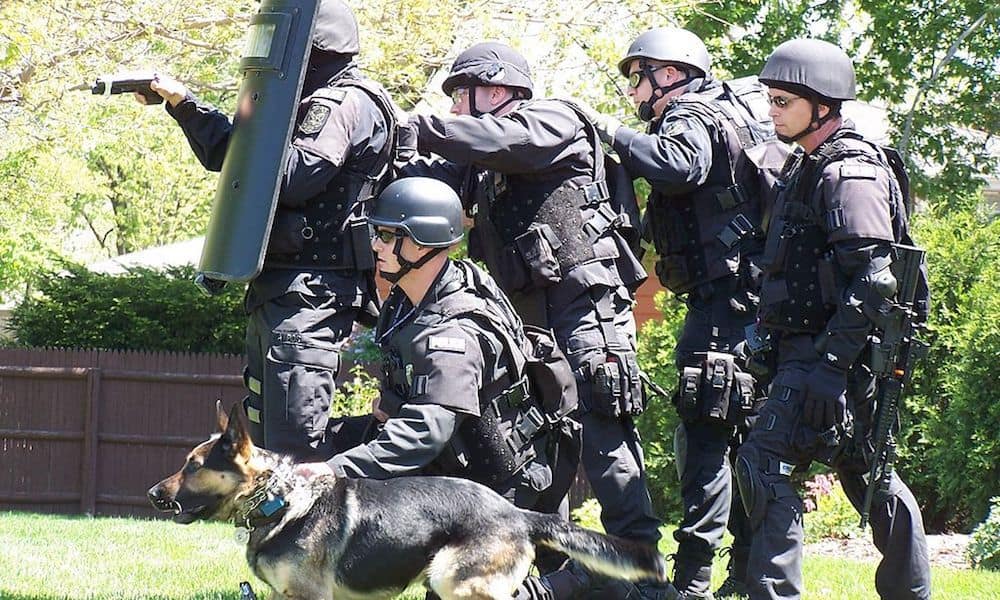For years, “$20 billion by 2020” was an oft-heard refrain from market analysts who saw a bright and prosperous future for the legal cannabis industry. Now, with that horizon fast-approaching, analysts are setting their sights on what the next decade has in store. And one analyst, RBC Capital Markets’ Nik Modi, is seeing green.
Analyst Says Concentrates and Edibles Could Propel Sales To $47 Billion Annually
RBC Capital Markets, an investment bank that’s part of Royal Bank of Canada, issued a memo to clients outlining the rapid growth of the U.S. marijuana sector. The memo, authored by Nik Modi, shows how cannabis sales in the U.S. are gaining ground on beer and wine sales.
Projecting a compound annual growth rate (CAGR) of 17 percent, Modi estimates that the legal cannabis category could reach $47 billion in sales annually in the United States within the next decade, according to Business Insider.
Yet the cannabis market in the U.S. faces uncertainties that Canada does not. Regulatory environments are constantly and rapidly shifting as states implement legalization and adopt different approaches to dealing with federal prohibition. Investing in the industry still carries risk.
But RBC Capital Markets analyst Nik Modi brushed off concerns about the unpredictability of legal cannabis in the U.S.. Instead, he drew clients’ attention to a shift in consumer trends that is already having a major impact on domestic retail markets.
Data from BDS Analytics, included in Modi’s memo, shows that the margin on cannabis flower has steadily declined since the beginning of recreational sales in Colorado in 2012. That’s indicative of a larger national move away from flower and toward cannabis edibles and concentrates.
In Colorado, flower made up 70 percent of legal sales when shops opened in 2014. By the end of Q4 2017, flower accounted for just 46 percent of total sales. Picking up the slack were edibles and concentrates. Both are surging in popularity everywhere, and Modi thinks those forms of cannabis can propel total sales beyond $47 billion a year by 2027.
Including Illegal Cannabis Sales Drastically Shifts Financial Forecasts
Another eye-catching aspect of Modi’s analysis is another BDS Analytics chart showing the estimated U.S cannabis market size. The chart compares cannabis sales to spirits, wine, cigarettes, and beer. From spirits at $58 billion to beer $117 billion, all four categories best cannabis at $50 billion. But interestingly, the chart includes total legal and illegal cannabis sales to arrive at the $50 billion figure. It’s unclear what proportion of that amount is made up by illegal sales.
Other cannabis market analysts say that illegal sales still account for the majority of total marijuana purchases in the U.S. But as legalization continues to channel consumers into the legal market, illegal sales are slowly declining.
While access to legal cannabis expands nationwide, the size of the illegal market remains difficult to measure. So does predicting how much of it will move aboveboard in the coming years.
RBC Capital Analyst Praises Big Investment in Canadian Cannabis
The letter RBC Capital Markets sent to clients also lauded Constellation Brands’ recent $4 billion investment in one of Canada’s largest medical cannabis producer Canopy Growth Corp. Constellation Brands is the firm behind the popular beverage companies Modelo, Corona and Svedka. The company has been moving incrementally into the Canadian cannabis market, upping its stake each time. Nik Modi says he’d like to see more companies make similar moves in the cannabis space.















